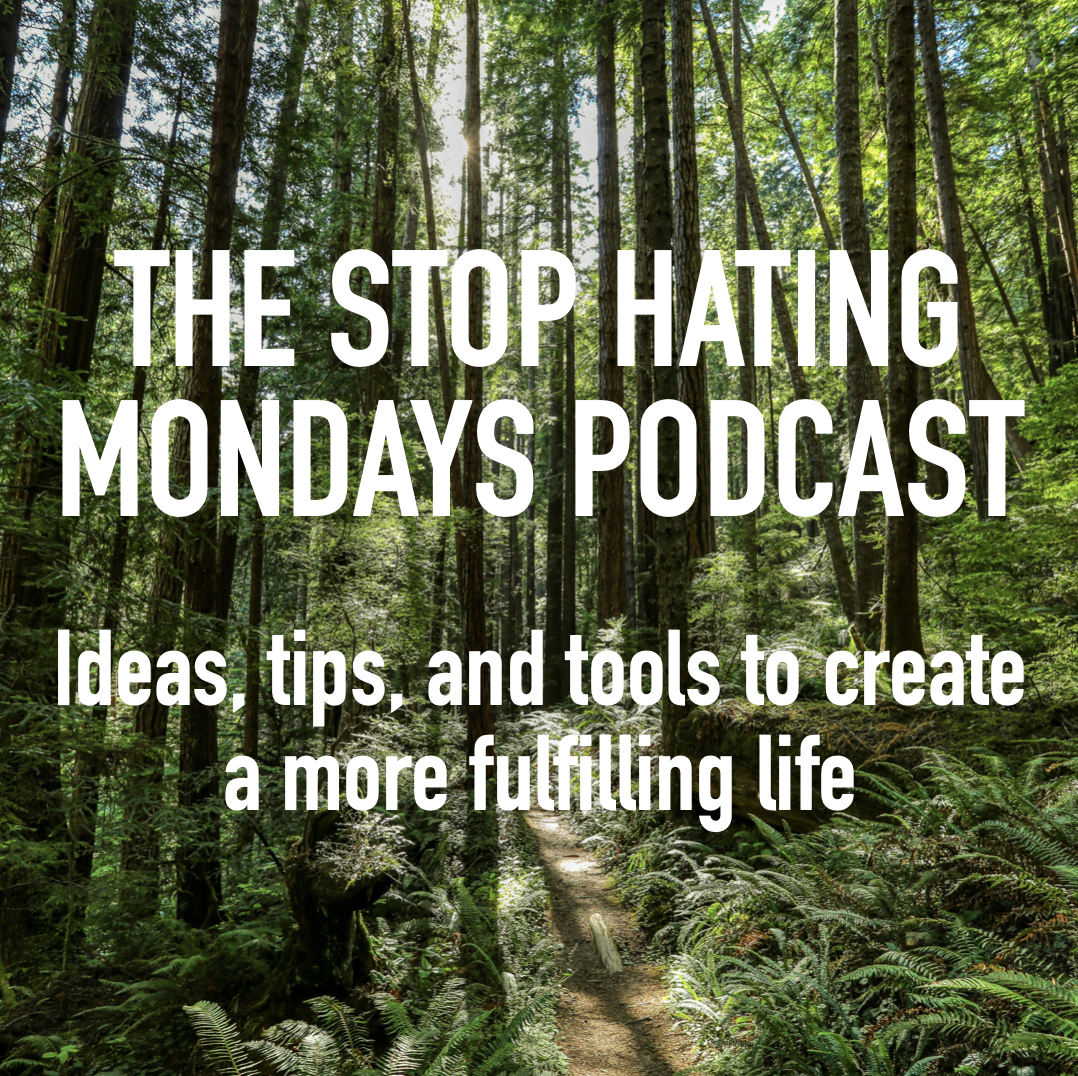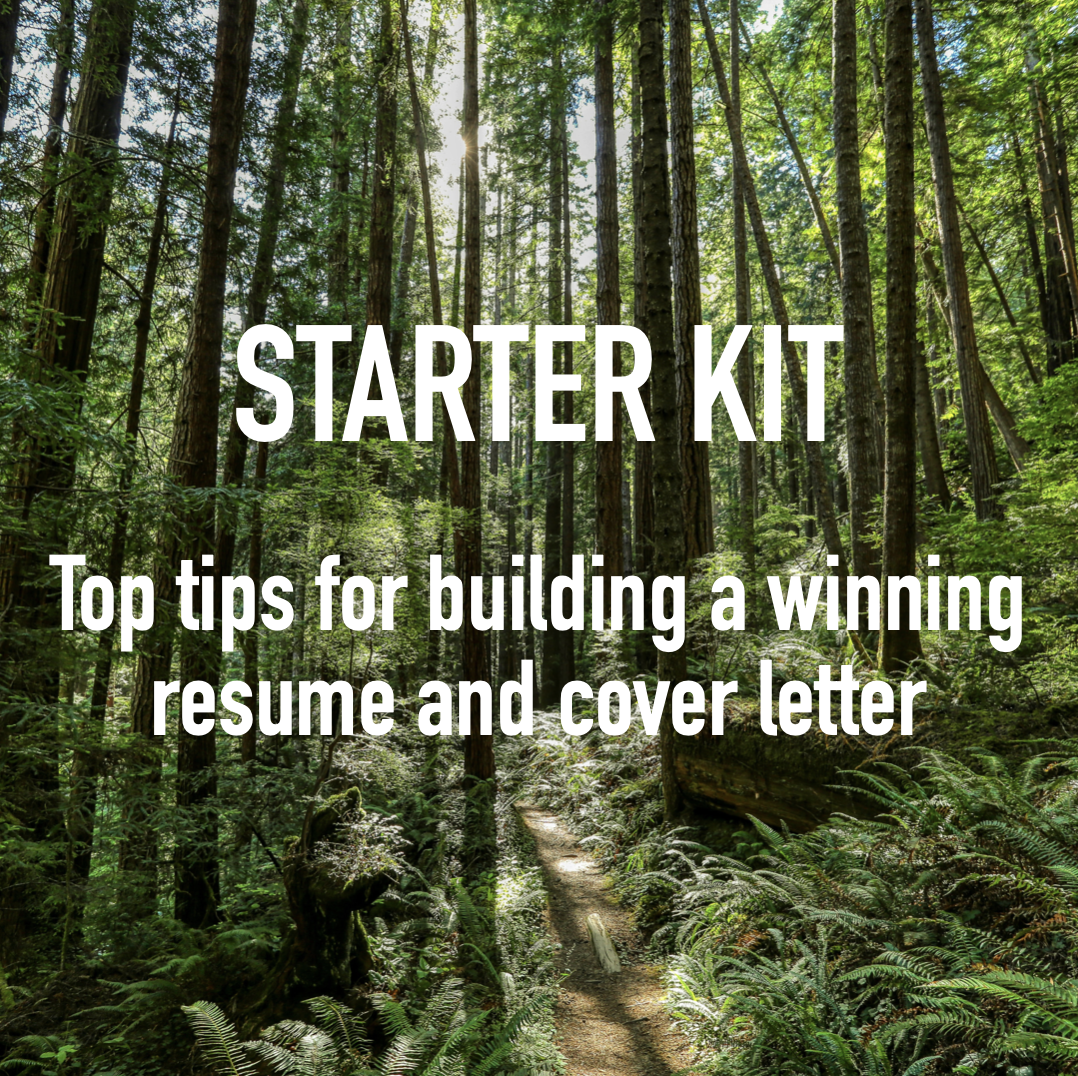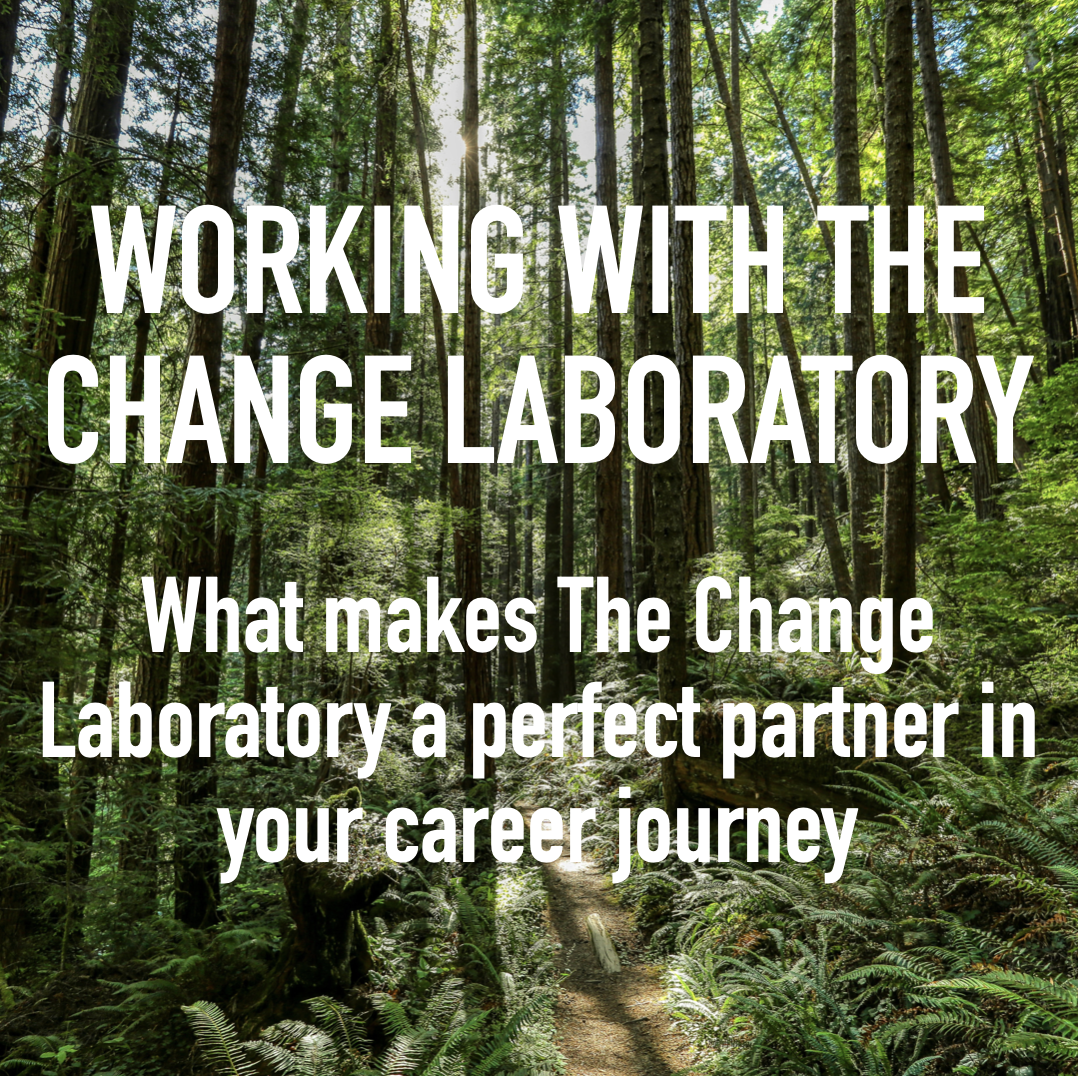How to Switch Careers – The Stop Hating Mondays Podcast
Kent R.
Careers move much faster than they used to. And things are not slowing down.
It's not just common for employees to move positions frequently, but it's not uncommon for people to switch their entire career focus. Maybe several times across their career. But that doesn’t mean that transitioning from one career to another is a piece of cake. It's not.
That's why, on this episode of the Stop Hating Mondays Podcast, we've got some tips on how to more effectively manage a career switch.
TRANSCRIPT
(Transcripts are auto-generated and may contain minor errors)
Kent
We worked with the client the other day who had been in the same position for nearly 12 years.
I can't tell you how rare this is these days.
That's why that really struck me, and it's not even really that long. However, in this day and age, it really is.
Longevity in a position, and certainly in the company, used to be the norm.
Suffice it to say that it isn't now.
In fact, it's not just common for employees to move positions frequently, but it's not uncommon for people to switch their entire career focus. Sometimes a few times.
So, what's changed?
One word. Technology. Not only has technology enabled people to explore and pursue new opportunities in a way that used to be impossible, but technology is also creating entirely new career paths. What's more, technology is demanding that employers adapt change in a speed that was once unthinkable. And all that change is creating new opportunities.
So let's just say this. Careers move much faster than they used to, and things are not slowing down.
That doesn't mean that transitioning from one career to another is a piece of cake. Because it's not. But it's entirely possible and we've got some tips to make it easier.
This is Kent and Caanan. This episode of the Stop Hating Mondays Podcast is all about how to switch careers.
Kent
OK, so it's time for a career switch. Not just a promotion or kind of a smaller change.
A full-on career switch.
Caanan
The big switch.
Kent
Yep. As you know from previous podcasts, people struggle to speak about what they do in general, much less identify their transferable skills. And this becomes even more tough when faced with the seemingly daunting, audacious idea of not just vying for a promotion, but switching careers.
And it's what keeps people from really pursuing career shifts. So our #1 tip is: you need to know how to capture your transferable skills.
Caanan
Oh! Transferable skills.
I would actually back that up…. That is a great first tip – needing to capture your transferable skills – but I'd back it up a little bit further and say, you need to recognize that you actually have transferable skills.
How many people do we work with who come to the table thinking that they don't, in fact, have any transferable skills and to do a career switch means completely starting over from scratch.
Kent
Totally.
Caanan
I would say that identifying that you have transferable skills, much less speaking to them, is actually at the core of something we've talked about in previous podcasts.
And that is dis-identifying with your role. If you can stop looking at yourself as your title or your role, let's say accountant, and instead look at yourself as a set of skills that you are manifesting in the accounting function and could be manifested in a different way, then you're off to a really good start.
Kent
Yeah, so true.
And again, I think we say this so many times because we tend to – you know, in our client interactions and our projects – we tend to come back to this same core points and I'm proud of that because if you get too scattered in your advice, people can't latch onto anything.
So, as you said, we've said it before. We'll say it again.
You've got to know your transferable skills. And we get so shaped mostly by employers into just focusing on what we're doing and being workhourses, that we forget about the transferable skills behind what we're doing.
So, number one, get good at capturing your transferable skills.
Kent
So transferable skills. We've taken care of that. What about something even more important? Achievements.
Achievements are all about impact, which makes them inherently transferable.
Trust us.
People want to hire people who make an impact.
Caanan
That is the truest thing you've ever said.
Kent
Yep, and that's why it's our #2 tip. Think achievements and impact.
Caanan
You said it and I'm going to say it again because – talk about things that are so fundamental that we could say in literally every podcast we record from here on out – but you were talking about achievements being all about impact, which makes them inherently, inherently transferable. I'd rephrase that and say achievements communicate your success orientation. And your success orientation is inherently transferable.
so whatever you're doing, especially if you're looking to switch careers, think about the impact you make because your impact is always transferable.
I think a lot of people have a hard time thinking about the impact they make. They think about their roles in terms of a set of skills, but if you can switch the way you look at your role and examine how you impact the organization, you'll find a lot of overlap between your role and everybody else’s role in the fact that everybody is essentially working towards a similar set of goals. I think of the 4 Ps: people, processes, profits performance. You could add a fifth: product. And think about those P words and the way in which you impact those in your role and you will find a great deal of commonality with every role across the company.
And if you can then start speaking to your impact in terms of people, performance, product, profit, processes… You are already talking about transferable skills.
Kent
Yeah, and I think the real big takeaway here is people want to hire successful people.
People want to work with successful people.
So just in this case, as if you were going for a promotion or any kind of change, it's just very attractive and it shows the hiring panel and especially the hiring leader that you have a success language. And that is so rare among candidates in the work groups we work in.
If you have a success language and you're communicating success in a way that's grounded in transferable skills, most hiring leaders are going to think, “huh, we can train this person to do the specifics of anything. They know what they do. They know their own transferable skills. They know how to quantify it… its impact. We can apply that to this new career.”
Kent
So, some career shifts can be speedy and some can take a long time.
We've spent most of this podcast so far talking about situations where people just resist the idea they want to make a career shift. They think, “oh, I can't do that
or “I don't have any skills that X job would take.”Take.
We also need to talk about the other side of the spectrum. Making the leap and then thinking something is going to happen quickly.
Caanan
Oh yeah, we see this too.
Kent
So tip #3: be realistic.
Caanan
Yeah, for all the people who come to us and are nervous about attempting a career switch because they can't identify their transferable skills, we get a handful of people who believe that the transition should be quite simple.
And I love that positivity, but it isn't realistic.
I mean, job searching in and of itself is complicated and making a complete career switch adds a level of complication to an already burdensome process.
So you do really have to be realistic.
My advice in this case is to examine what you do. Examine the set of skills you bring – not your role – and be realistic about where you have gaps.
I mean, you will almost certainly – no matter how qualified you are for a new career have some gaps that you'll need some upscaling, and if you can be proactive about that, you could probably shave off quite a bit of time in your search in your transition.
But again, it really does come down to being realistic and sort of owning the process and getting out ahead of some of those things that are going to hold you back.
Kent
Yeah, I think this is really complicated by the fact that, usually, when people work up the gumption to pursue their dream career shift, they're usually so disgusted or fed up with whatever is behind them that they want it to happen instantly.
You know, it's like when people are finally fed up with the manager they've hated for four years and they found the job they want to apply for, or whatever. They don't have a resume. They're not prepared at all…
So be realistic is just about, no matter how easy or tough the career switch you have in mind might be, to be realistic.
Kent
We hope you feel better prepared to switch careers when and if you're ready to. Because let's face it, many of us in this day and age are going to be doing it and likely multiple times.
Our three tips:
You need to know how to capture your transferable skills. #1.
#2, think achievements and impact.
And #3, be realistic.



